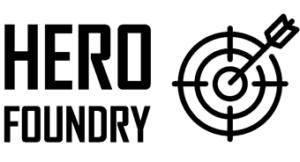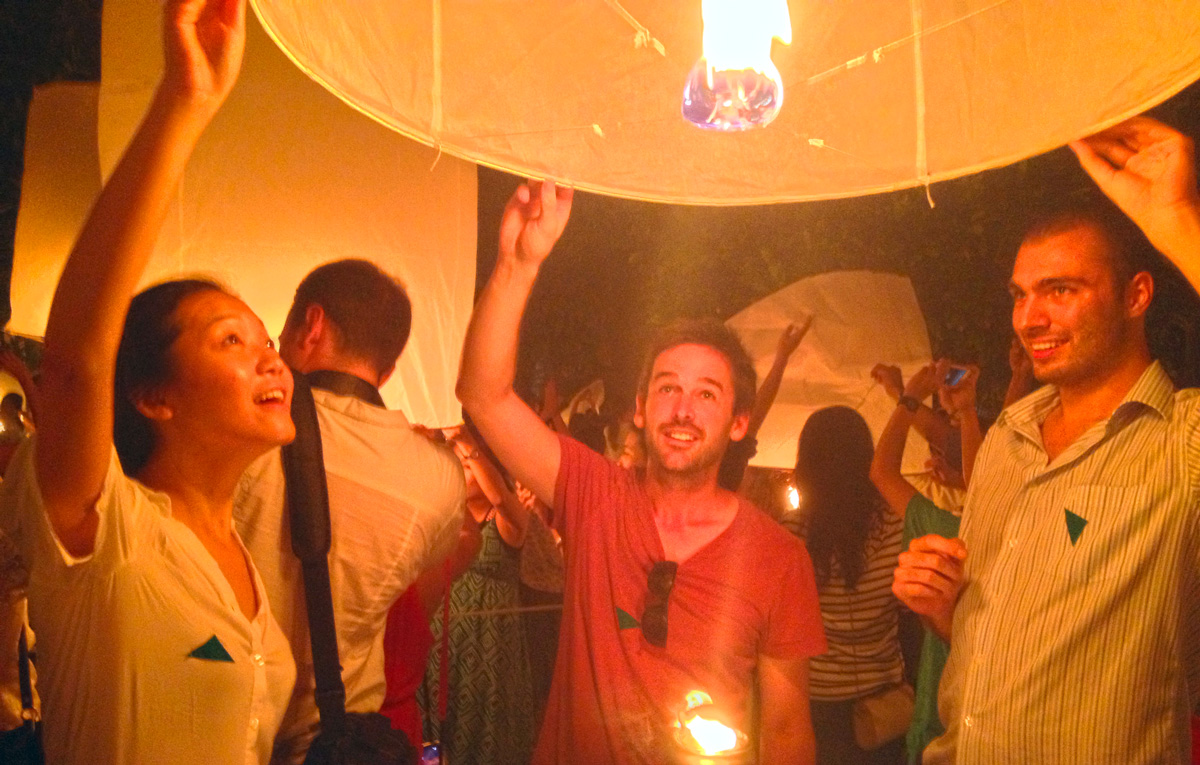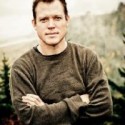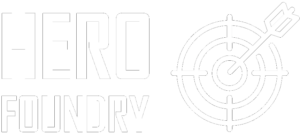Since being back here in the States, I’ve spent a lot of time talking with old friends and I’ve heard time and time again how difficult it is for young, college-educated people to find and maintain good, reliable, consistent work opportunities.
My friend Craig, an ex-marine, was just telling me last night at the bar how everyone from private security companies to police departments are expecting to recruit people for $12-14 dollars an hour. To get shot at.
A lot of my friends have said they admire my dedication to build something of my own (even if it means I might not have as much income temporarily while I bootstrap and struggle through the regular challenges of an entrepreneurial life) and my willingness to go abroad to do it in a new way and seek opportunities overseas.
For the first time ever, our generation is expected to earn less money, have fewer opportunities, and basically struggle to maintain a career, compared with our parents. And we’re probably the most educated generation in history, too! We spend all this money getting degrees and credentials and approval, but in the end what nobody reminds you of is that none of it guarantees a good job market.
I cringe when I hear people I care about talk about going back to school because they’re having trouble finding a job, or because they feel like they need more “qualifications”. My attitude these days is that, if you know where to look, there’s actually so much opportunity to get in with people who are doing it, and that (in most industries) it’s better to save the $60K+ you’ll spend on a Master’s degree and invest those years of your time and effort into actually building connections in your chosen field, seeking out mentors and internship opportunities, and getting some real-world experience under your belt.
In fact, here’s two great opportunities right now with a few trusted friends of mine.
In some fields, you might absolutely need the degree, but in a lot of areas you can actually get a foot in the door and start to build a reputation for yourself without having to get a university’s “permission”.
And as we continue to become more and more educated, at the same time as we’re competing on a global scale with cheap labor overseas, there’s actually no better way to find great opportunities than to look for it abroad!
Asia and South America are still quickly growing. That’s why somebody decided to label them the “developing world”.
For a young person today with a Western education and a bit of ambition, there are innumerable opportunities to find work with companies abroad, or even to seize upon your own opportunities and quickly build a business overseas.
Michael Park recently shared about the impressive career opportunities available in these growing economies, and the leg up that living abroad can give you if you’re motivated to learn, grow, develop yourself, and stand out in the marketplace.
Today I’ve got a guest video for you from entrepreneurs Tim Nybo and Nick Ramil. These two have been abroad for a while now, going through the hoops of learning how to fit into a new culture and putting all their time and energy into building a business in a foreign country.
They knew the traditional route after university wasn’t for them, so they decided to explore opportunities abroad. Now, you can find them in Guangzhou, China, working on a range of projects and helping others establish new businesses there too!
5 Questions To Ask Yourself To See If You’re Cut Out To Be An International Entrepreneur
Do you think you have what it takes to be an international entrepreneur? Be sure to answer these five questions before you make the big leap!
Watch now to learn the special characteristics we see in every international entrepreneur we meet from around the globe. It takes a certain type of person to survive abroad, and we hope you’re one of them!
A couple important takeaways:
- It’s not a vacation
- You have to be comfortable with taking risks
- You’ve gotta remain optimistic through the challenges
Are you itching to make the jump? Or have you forged your own path as an entrepreneur abroad? Share your story in the comments below.



 Rolf is one of the most accomplished travel journalists of our time, having reported from over 60 countries for major venues like National Geographic Traveler, The New Yorker, Outside, and the Travel Channel. He is a high-profile proponent of independent travel. His book
Rolf is one of the most accomplished travel journalists of our time, having reported from over 60 countries for major venues like National Geographic Traveler, The New Yorker, Outside, and the Travel Channel. He is a high-profile proponent of independent travel. His book 